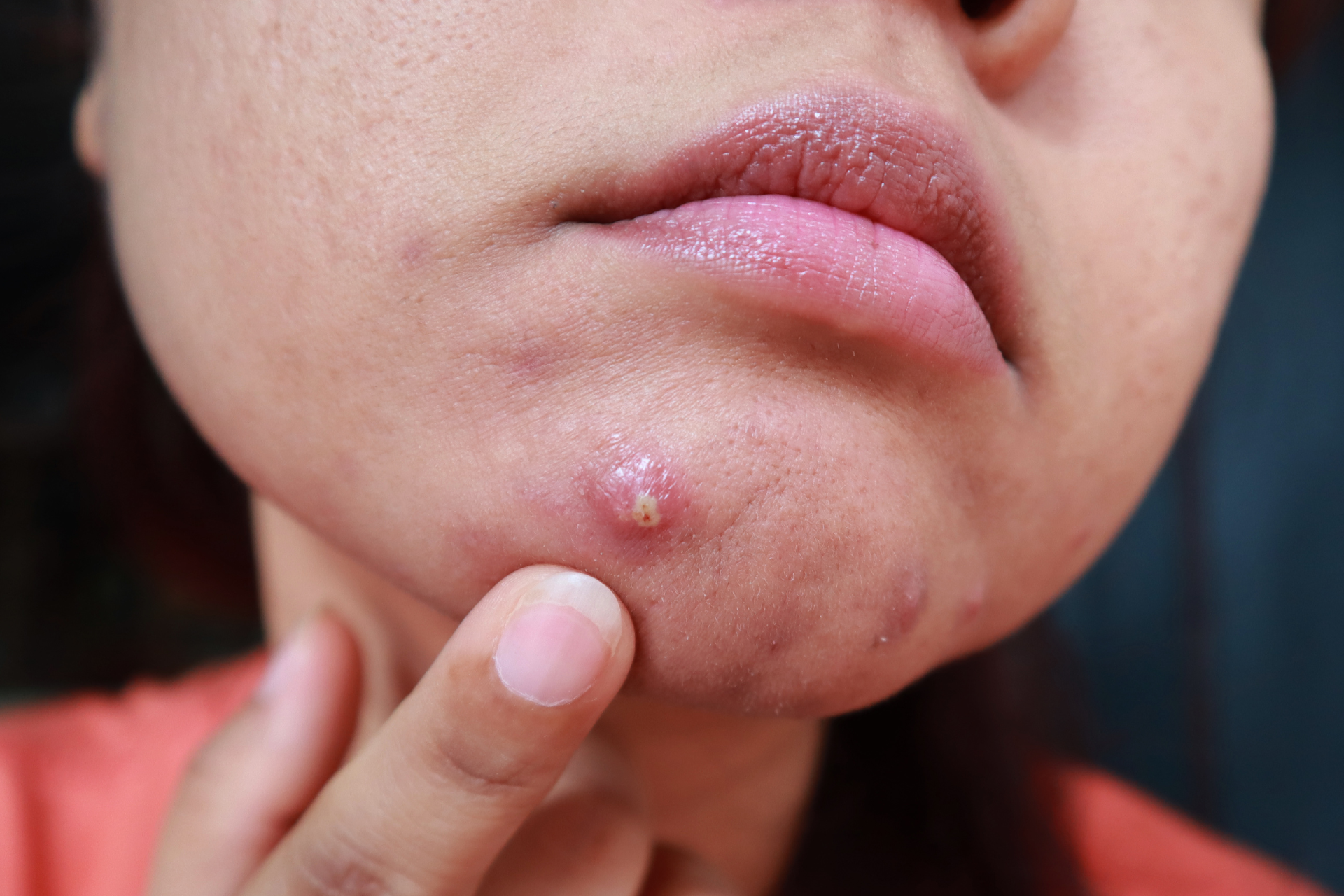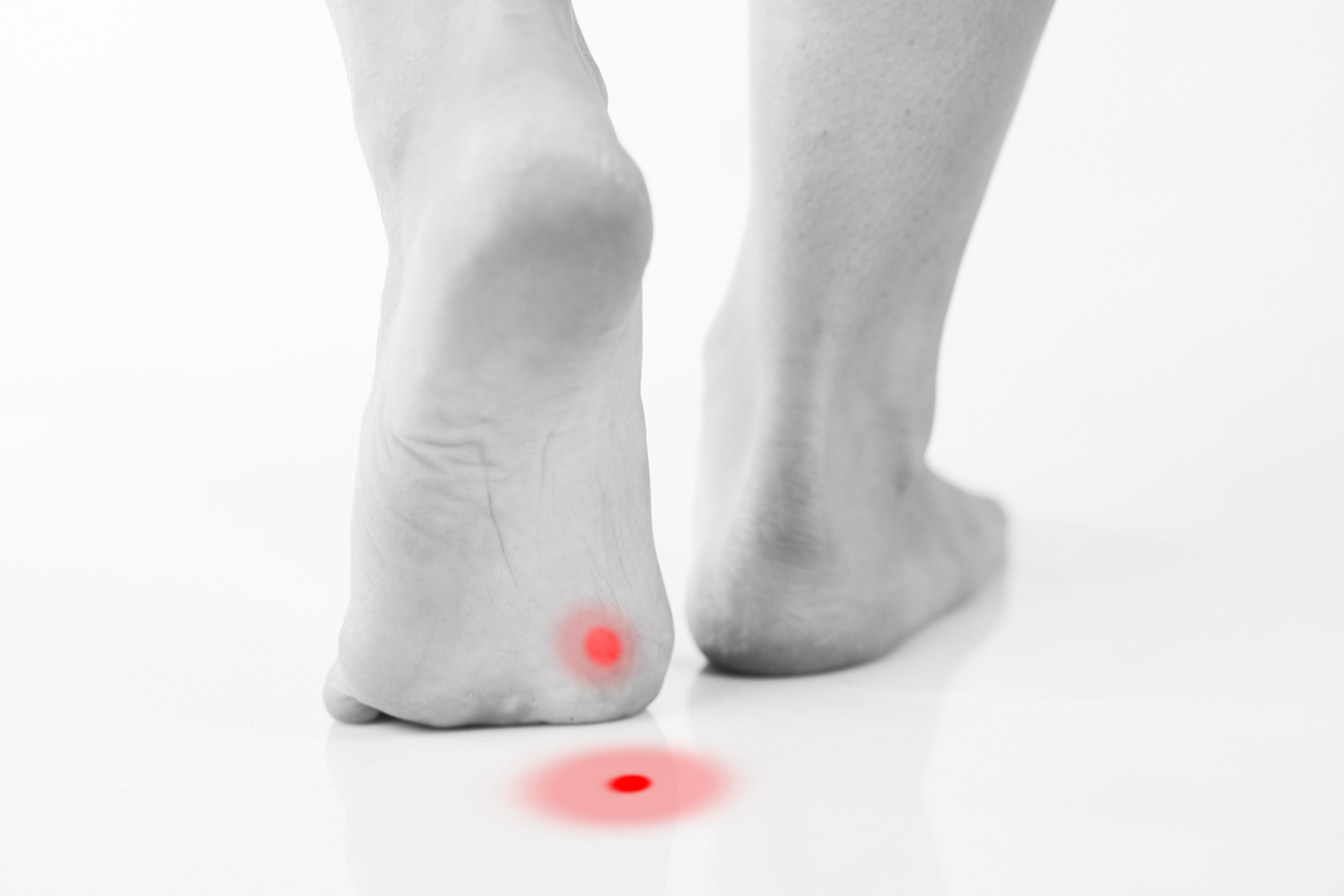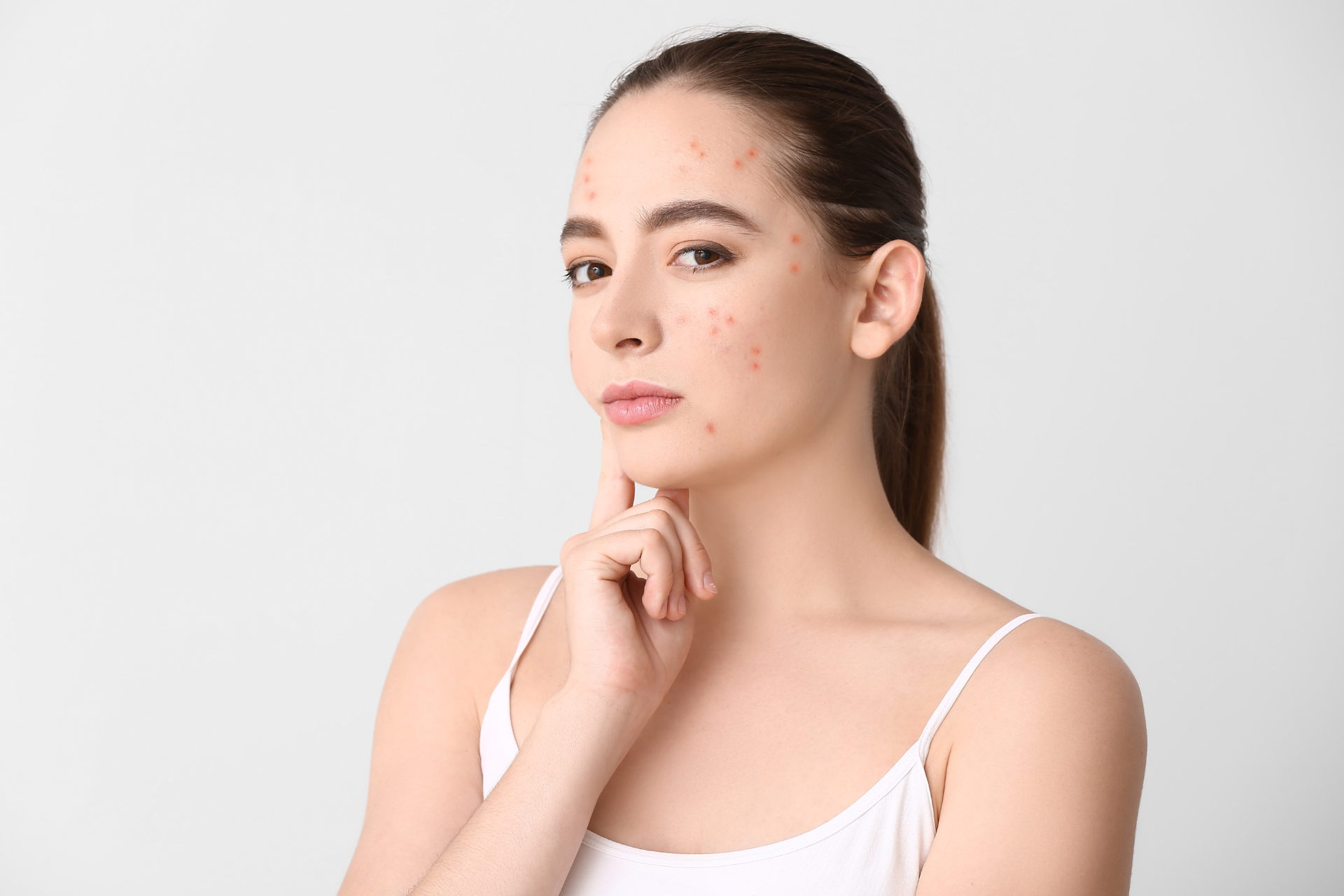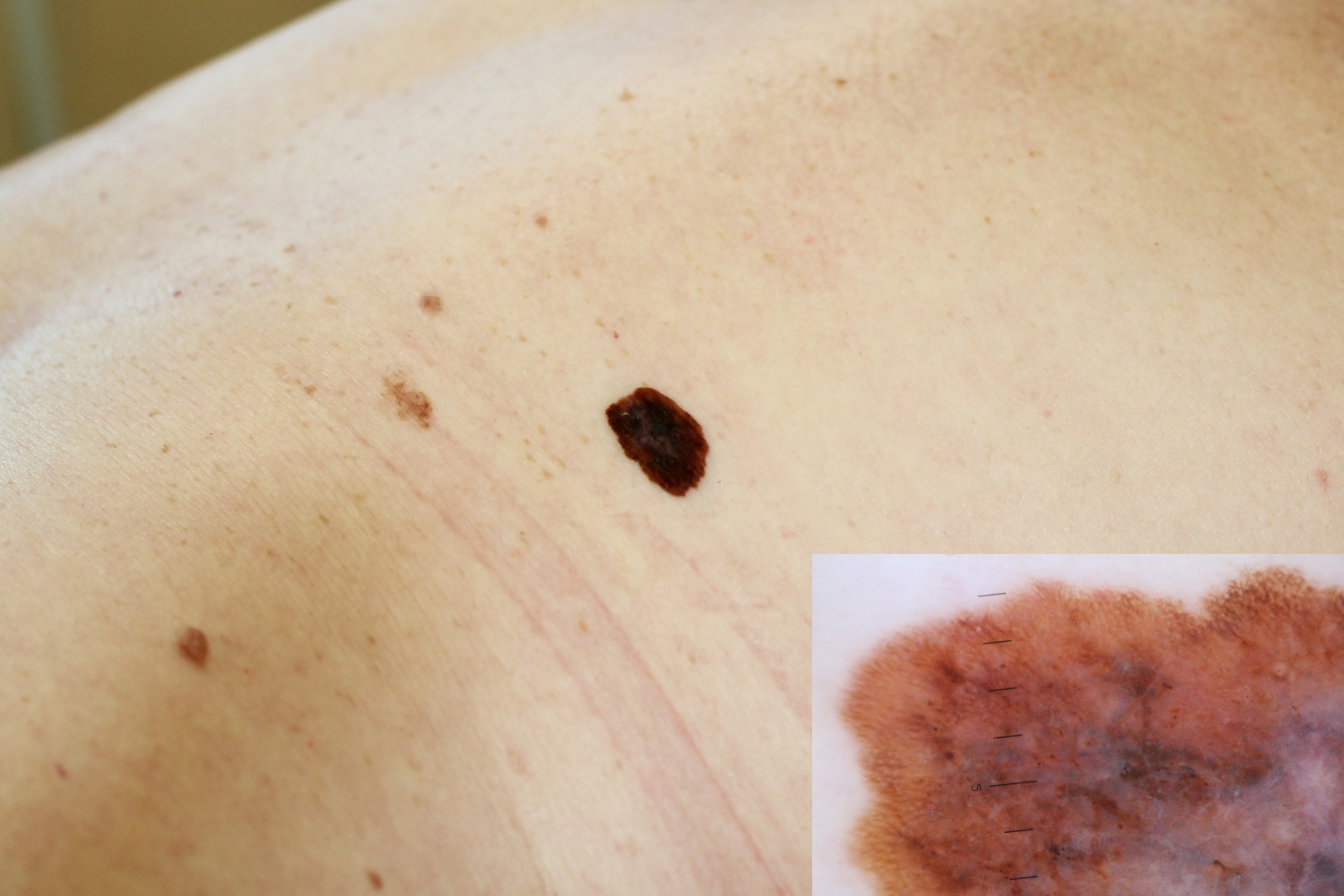How to Heal and Prevent Cystic Acne

Cystic acne is a severe form of acne that can cause pain, inflammation, and long-lasting scars if not treated properly. At Fall Creek Skin and Health Clinic, we understand the challenges that come with dealing with cystic acne, and we are here to provide you with the information and guidance you need to heal and prevent this skin condition.
Understanding Cystic Acne
Cystic acne occurs when bacteria, oil, and dead skin cells become trapped in the pores, leading to deep, painful cysts beneath the skin's surface. Unlike regular acne, cystic acne is more difficult to treat and often requires a comprehensive approach to address both the symptoms and underlying causes.
Healing Cystic Acne
If you are already dealing with cystic acne, here are some effective treatment options that our experts at Fall Creek Skin and Health Clinic recommend:
1. Consult a Dermatologist
The first step in treating cystic acne is to consult a dermatologist who can evaluate your skin condition and recommend a personalized treatment plan.
2. Prescription Medications
Dermatologists may prescribe oral medications such as antibiotics, retinoids, or isotretinoin to help reduce inflammation and prevent new breakouts.
3. Topical Treatments
Topical treatments containing benzoyl peroxide, salicylic acid, or sulfur can help unclog pores and reduce bacteria, leading to clearer skin.
4. Professional Procedures
In severe cases, dermatologists may recommend procedures like corticosteroid injections, chemical peels, or laser therapy to target cystic acne and improve skin texture.
Preventing Cystic Acne
While treating existing cystic acne is essential, preventing future breakouts is equally important. Here are some tips to help you prevent cystic acne:
1. Maintain a Consistent Skincare Routine
Cleanse your face twice a day with a gentle cleanser suitable for acne-prone skin. Avoid harsh scrubbing that can irritate the skin and worsen acne.
2. Use Non-Comedogenic Products
Opt for skincare and makeup products labeled as non-comedogenic, meaning they are less likely to clog pores and cause acne.
3. Avoid Trigger Foods
Some studies suggest that certain foods like dairy, sugar, and high-glycemic foods may trigger acne. Consider keeping a food diary to identify any potential triggers.
4. Manage Stress
Stress can exacerbate acne breakouts. Practice stress-reducing techniques such as yoga, meditation, or deep breathing exercises to promote skin health.
5. Stay Hydrated and Eat a Balanced Diet
Drink plenty of water to keep your skin hydrated and consume a diet rich in fruits, vegetables, lean proteins, and whole grains to support healthy skin.
At Fall Creek Skin and Health Clinic, our experienced dermatologists and healthcare providers are dedicated to helping you achieve clear, healthy skin. Whether you are seeking treatment for cystic acne or other skin-related issues, we offer comprehensive care tailored to your individual needs.
Don't let cystic acne affect your confidence and quality of life. Take the first step towards healthier skin by scheduling a consultation at Fall Creek Skin and Health Clinic today.
Remember, with the right approach and guidance, you can heal existing cystic acne and prevent future breakouts, leading to a smoother, clearer complexion. Your skin health is our priority, and we are here to support you every step of the way.




